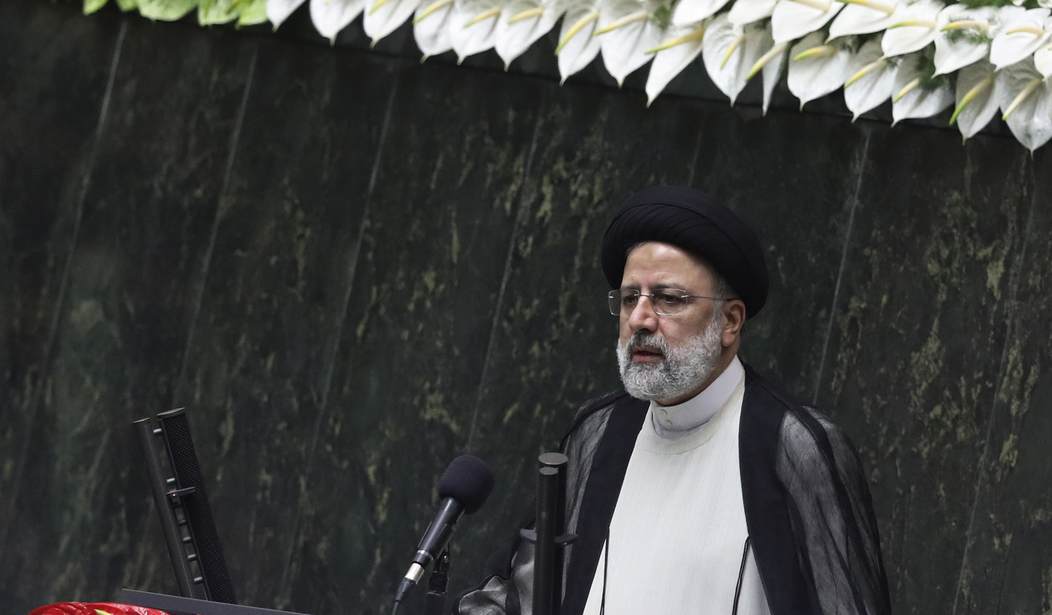On September 16, 2022, an event permanently changed Iran. Mahsa Amini, a 22-year-old Kurdish woman, died due to beatings of the regime's “morality police”. Nationwide protests aiming at regime change by the people erupted and continued for months, prompting serious debates in Washington and European capitals about the right policy toward Iran.
After a savage state crackdown, including hundreds of protesters killed and tens of thousands arrested, the public display of outrage subsided, at least momentarily. The protests were rooted in more than four decades of suppressive policies as well as the organized resistance against the regime.
With the one-year anniversary of Iran’s most significant anti-government uprising quickly approaching, the regime is aware of the potential for further unrest. Various officials, including the head of the viciously repressive Islamic Revolutionary Guard Corps, Hossein Salami, have been publicly warning about this in recent days. a former IRGC commander and the current parliament speaker Mohammad Baqer Qalibaf even went so far as to acknowledge the leading role that the principal opposition Mujahedin-e Khalq (MEK) has played in recent uprisings.
Video clips have been shared on social media which show suppressive forces and members of the IRGC-led militia, the Basij, beating protesters in the streets and shooting indiscriminately into crowds. Since late 2022, the regime has come under investigation by the United Nations Human Rights Council for, among other things, a surge in executions which claimed approximately 400 lives in the first half of 2023, with the likely aim of terrorizing the public to prevent any new calls for uprising.
Recommended
The danger is more obvious when one looks back through the regime’s catalogue of human rights abuses and crimes against humanity, which includes a massacre of political prisoners during the summer of 1988.
Last month, dozens of members of the US House of Representatives introduced a bipartisan resolution which highlighted the regime’s abuses and urged the Human Rights Council to include the 1988 massacre on the agenda of its fact-finding commission.
The Iranian regime is also the world’s foremost state sponsor of terrorism. In 2018, when the regime was still reeling from the first nationwide protests organized by MEK Resistance Units, Assadollah Assadi, an Iranian diplomat then working at the regime’s embassy in Vienna, supervised an operation that could have been among the worst terrorist attacks on European soil. Assadi personally smuggled an explosive device into Europe and handed it off to co-conspirators with instructions to detonate it at a major world summit organized by the National Council of Resistance of Iran (NCRI).
The plot was thwarted by European security agencies, but the plot served as an important reminder of the regime’s determination to attack the democratic opposition wherever it can, even when doing so threatens the lives of high-profile Western lawmakers and luminaries who attended the Free Iran World Summit.
Last month, a court in Tehran announced indictments against 104 MEK officials and supporters, none of whom live in Iran. In view of Tehran’s well-known practices, this strange measure raises the specter of possible assassinations, kidnappings of the dissidents or coercive threats against their families.
Apparently at the behest of Tehran, on June 20, police in Albania carried out a questionable raid on Ashraf 3, a community that has housed around 3,000 members of the MEK for the past several years.
The incident drew the attention of the lawmakers in the resolution introduced in the US House of Representatives, as well as in a July 26 Senate Foreign Relations Committee hearing, with Chairman Robert Menendez lamenting the possibility of democratic activists seeking refuge.
Menendez asked the prospective Assistant Secretary of State for European and Eurasian Affairs, James O'brien, to “commit to advocating for the fundamental rights and freedoms of the residents of Camp Ashraf,” to which Obrien responded that he “absolutely” would.
Such commitments are important under any circumstances but are more important when it is so clear that repressive authorities in rogue states are actively threatening an ascendant democratic opposition, both at home and abroad. The threats at hand could hardly be clearer, and while it may be difficult for the international community to effectively intervene on behalf of those protesting inside the Islamic Republic, it is comparatively easy to push back against the regime’s attempts to extend its malign influence in Albania and elsewhere. The recent House resolution “calls on the United States Government, in cooperation with our ally Albania, to ensure the full protection of the Iranian political refugees in Ashraf 3 in Albania and for them to benefit from all rights stipulated in the Geneva Convention 1951 and the European Convention on Human Rights.”
Every other US ally, and indeed every other government that supports the concepts of democracy and universal rights, should make a solemn commitment to do the same at every moment and in every place that the Iranian expatriate community comes under threat from the ruling theocracy.

























Join the conversation as a VIP Member